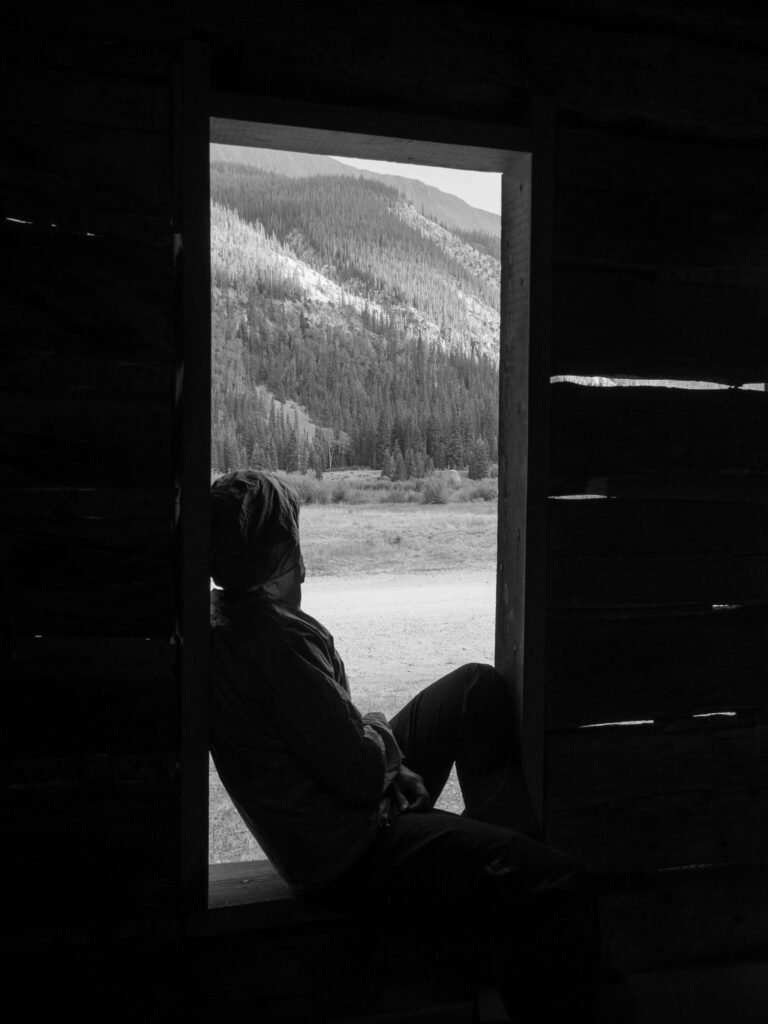
I lost my mom at age 30 and my dad at 35. Each loss was crushing and unique. Just as each relationship was different and special, so was my grief.
Special?! That probably sounds like a weird word choice. But, that’s the best way I know how to capture it. The love I felt for each of my parents was so extraordinary that it makes sense that the loss would hold a similar power. As difficult as the acute stages of grief were, there was this blanket of love and connection wrapped around the often excruciating pain.
It was also scary and like nothing I had ever felt before. Of course, I had heard of grief and I thought I understood it conceptually. But, after each of my parents’ deaths, I was demolished by the sense of loss and uncertainty. Each was its own grieving experience, but there were many similar physiological symptoms that coursed through me after each of their deaths.
Accelerated Heart Rate My heart was loud. It beat too fast. It beat too heavy. It physically hurt. Sharp, stabbing pain just left of center in my chest. I told myself that was just part of the process. It didn’t feel right, though. My husband could even feel it thumping through my body while lying next to me at night. I went to the doctor and learned that you can in fact die of a broken heart. That did not make me feel better. My blood pressure was elevated. Fortunately, I could do some breath work, visualizations, and decrease it on my own to a more healthy range. My doctor and I decided together that I could utilize my coping strategies to avoid medication as long as those strategies were working for me. My doctor stressed the importance of returning if these symptoms were not quickly improving. I was relieved that they did. I learned that people may need medication to avoid their own health emergencies when grieving.
Dazed and Confused What did you say? Yes, I know I am standing right here in front of you, but I didn’t hear a thing you said and I temporarily forgot where I am. This happened frequently for the first few weeks. I had this disconnected sense and I could zone out so easily. I would go to the grocery store and it felt like I was floating along the aisles. I tried to return to work about a week after my dad died. My brain was simply not ready. I had to utilize even more coping strategies to stay present with my patients. I ultimately needed to cut back my hours to more gradually return to full-time work.
Fatigue I had been an athlete most of my life. In the grieving space, I lost (temporarily) my sense of athleticism. I needed to go slow. Biking, running, skiing, were all too taxing. I got out of breath so quickly. My heart would accelerate too fast. I even fainted once. I felt so out of shape. I wasn’t actually out of shape. I was fatigued. Exhausted from the grief and the hospital battle that raged before the hospice care. I needed rest desperately, but it was hard to sleep. I took walks. I did yoga. I sometimes planned to walk or do yoga and ended up just sitting under a tree or by the river. I also needed more solitude. Social interactions were draining except for the select few. Everything just needed to slow down and get quieter in and around me.
Migraines Unfortunately, I have been prone to migraines since my late teens. Fortunately, they tend to be sporadic. Over the years, I have learned most of my triggers and tend to only have a few a year. Perhaps it was due to the activated stress response of grief in my body, but I started getting a migraine 1-2x/week. It was so debilitating and added to the physical pain that was already swirling through me. I felt like everyday became devoted to my coping and relaxation strategies. There was such a cycle to it all. If I could decrease my heart rate, my brain would feel more like my brain. I could sleep and rest better, and then I staved off a migraine. The crutch was figuring out what helped and then, making the time to take care of myself.
Finding Support Inside the Grief For better or worse, I have always been someone who tries to fix things, myself, others… but there is no fixing grief. There is no quick way through it. There is time and space and finding what best supports you through this complex process.
I was fortunate to find a number of people, activities, and practices that led me safely through. I still use these strategies when needed as grief is a lifelong process. Check out what worked for me here.